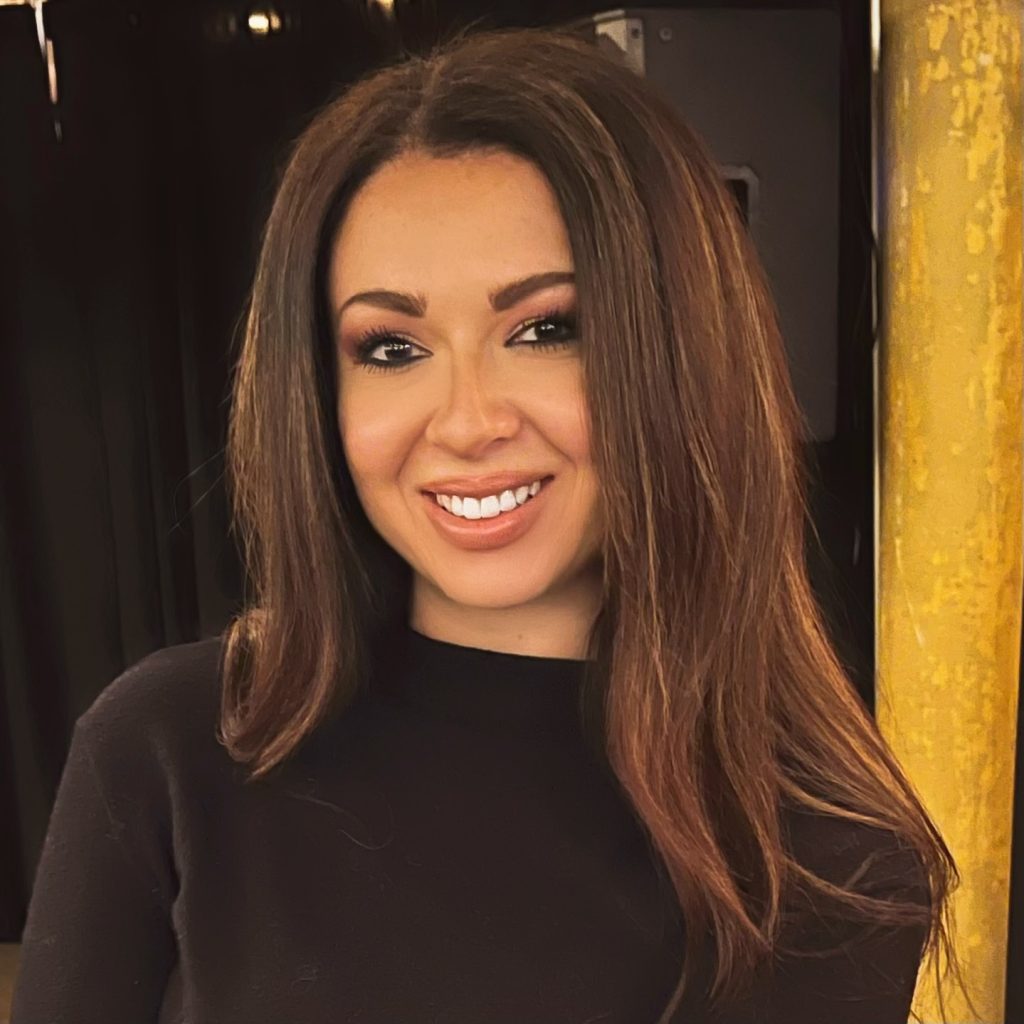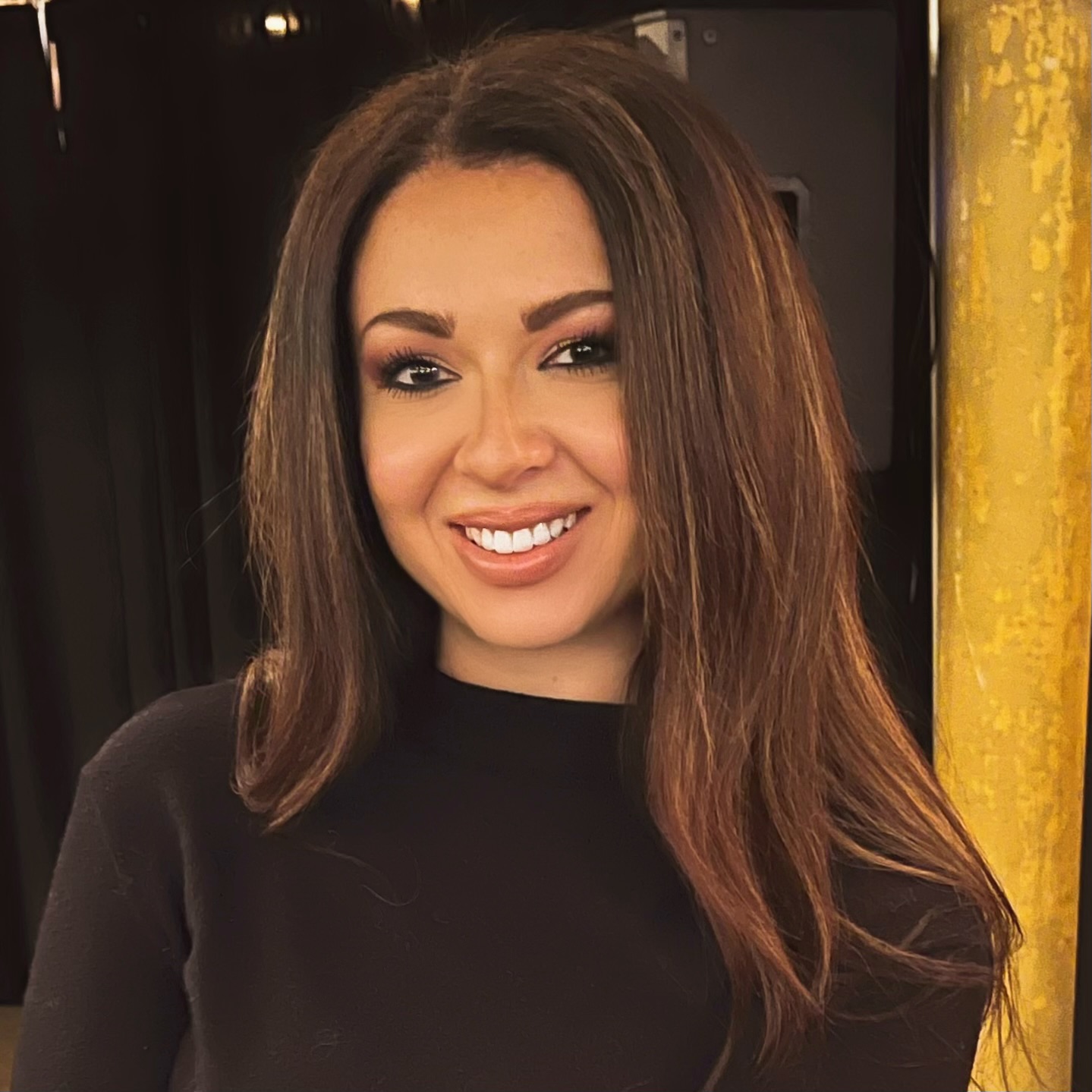Things change as you get older. Hormones, cognitive function, physical abilities, and even the way you look all evolve and fluctuate throughout your life. While it may seem that our sleep needs stabilize as we enter adulthood (and no longer require those luxurious childhood naps or enviable 10 hours of sleep that teenagers can easily take), the reality is that even adults go through many sleep changes simply related to age.
Why Does Aging Impact Sleep?
Our sleep patterns look different as we get older, and psychiatrist Dr. Ralph Waldo, MD, explains why. “As we age, hormone levels fluctuate and circadian rhythms shift, disrupting sleep-wake cycles,” he says. “Melatonin, the sleep hormone, also decreases with age, making it harder to fall asleep.”
Older adults also face abrupt transitions between sleep and wakefulness, which can make sleep feel much lighter than deeper sleep experienced in younger years.1 Since less time is spent in deep sleep, older adults typically wake up three or four times per night. However, if you’re an older adult struggling to sleep well, know you’re not alone. These changes are so common that up to 50% of older adults report symptoms of insomnia, or the inability to fall or stay asleep.2
Sometimes, there are other factors impacting sleep for older adults as well. This can include health problems like nocturia (needing to get up and urinate during the night), anxiety or depression, certain medications, sleep disorders like sleep apnea or restless legs syndrome, and discomfort or pain from chronic illness.2
Lifestyle changes can also play a role, such as being more sedentary, which can increase your chance of having sleep problems (not being active enough during the day can make it tough for your brain and body to understand it’s time to rest; this is also known as “sleep pressure,” or in more simple terms, pressure to fall asleep).3
How Many Hours of Sleep Do You Need by Age?
Wondering exactly how your sleep needs change as you age? In short, you’ll need the most sleep as a newborn and the least amount of sleep in your senior years.
How Much Sleep Do Older People Need?
According to the Centers for Disease Control and Prevention (CDC), older people need between 7 and 8 hours of sleep per night.4 This includes anyone 65 and older.
| Age | Hours |
| 14-17 | |
| 12-16 | |
| 11-14 | |
| 10-13 | |
| 9-12 | |
| 8-10 | |
| 7-9 | |
| 7-9 | |
| 7-8 |
Do Older People Need Less Sleep?
Yes, older people need less sleep. As you can see from the table above, the amount of sleep we need declines with age, with those 65 and older needing the least amount of sleep among the age groups. Of course, sleep is still important for older adults, but the amount they need is comparatively lower.
How Does Aging Affect Sleep?
As Dr. Waldo explained earlier, fluctuating hormones and changing circadian rhythms reshape our sleep needs as we know them. Here’s exactly how these age-related sleep changes occur.
Changing Circadian Rhythms
While researchers still aren’t exactly sure why our circadian rhythms change as we age, studies show that older adults have a harder time consolidating sleep, or connecting one complete sleep cycle to another (we go through multiple sleep cycles each night).5 This is why older adults are more prone to waking up at night and why they may suddenly feel much less rested.
Sleep schedules can also look different as you get older, such as going to bed earlier, which can make it tough for your circadian rhythm (your body’s internal clock) to catch on. Yet, this desire to go to sleep earlier isn’t exactly due to having less energy than in your younger years. Research has found that your body’s production of melatonin, the hormone that makes you sleepy, actually starts earlier with age, which is why you may find yourself dozing off at 8:00 p.m.5
Changing Hormones
Both men and women experience age-related hormone changes that can impact their quality of sleep. Women, for instance, may go through menopausal changes such as hot flashes, night sweats, or even changes in mood, that can cause poor sleep.6 Dropping testosterone levels in men, meanwhile, can also impact sleep quality and make it tough to fall and stay asleep.7

Common Sleep Problems Associated with Aging
While some of these sleep problems, such as insomnia, can start at any age, others are more prone to developing in your later years. These are common sleep issues in older individuals:
- Insomnia: Insomnia is the inability to fall or stay asleep. It’s the most common sleep problem in adults aged 60 and older.8 See our best mattresses for insomnia here.
- Sleep Apnea: Sleep apnea is a sleep disorder that causes short pauses in breathing while sleeping. This may be characterized by loud snoring and feeling sleepy during the day, even if you’ve rested. If untreated, sleep apnea can lead to serious health problems such as high blood pressure, stroke, or memory loss.8 See our best mattresses for sleep apnea here.
- Menopause Symptoms: Menopause can cause various symptoms that disrupt sleep, like hot flashes or night sweats, or changes in mood. Luckily, these symptoms are often temporary and may resolve when menopause is over.6 See our best mattresses for menopause here.
- Restless Legs Syndrome: Restless legs syndrome is characterized by a feeling of tingling, crawling, or pins and needles in one or both legs. This periodic limb disorder is common in older adults and can cause you to “thrash” while sleeping. See our best mattresses for restless leg syndrome here.
- Nocturia: Nocturia is the need to get up and urinate during the night. When this occurs multiple times throughout the night, sleep can be disrupted.2
- Arthritis and Joint Pain: Arthritis can leave your joints feeling stiff and achy, which can make it tough to find a comfortable position to sleep. A good mattress that keeps your spine in neutral alignment may help ease the pain.
Dr. Raj Shares What to Look for in a Mattress If You Have Arthritis

Tips for Better Sleep As You Age
1. Dark Bedroom Environment
A dark bedroom environment isn’t just appealing for sleep but actually boosts melatonin production, the hormone responsible for making you sleepy.9 In short, melatonin is released in response to darkness, which is why you feel tired at night. Blackout curtains can be a great way to dim the lighting of your bedroom if needed.
2. Supportive Mattress
A supportive mattress is essential to keeping your spine in its natural alignment, which could help prevent back pain and other aches and pains that may make it tough to sleep. It can also be a great way to alleviate or reduce pain from arthritis. Many people will find a medium-firm mattress supportive enough to keep them resting on “top” of the bed rather than “in” it.
Find the best mattresses for seniors here.
Dr. Raj Discusses the Best Mattress Qualities for Seniors

3. Limit Naps
A quick power nap can help you feel refreshed, but Waldo says timing is key. “Short naps under 30 minutes provide an energy boost without interfering with nighttime sleep. Avoiding naps after mid-afternoon and limiting naps to one-to-two per day prevents them from impacting nighttime sleep.”
4. Regular Exercise
It’s no secret that exercise is essential for your physical and mental health, but one of the lesser-known benefits of physical activity is its power to help you sleep better at night. Regular exercise can decrease insomnia and increase the amount of deep sleep you get, which is especially important for older adults who are prone to getting less deep sleep.10
5. Avoid Alcohol and Caffeine Close to Bedtime
You’ve probably heard by now to avoid caffeine close to bedtime, but did you know just one cup of caffeine can decrease sleep duration by over 10 minutes?11 Consider opting for a cup of herbal tea instead of caffeine in the evening hours, and try to limit your total caffeine intake to one cup of coffee or black tea in the morning to help encourage better sleep at night. Alcohol is another sleep-disturbing substance that can cause insomnia and throw off circadian rhythms, which can make it tough to fall and stay asleep.12
FAQs About Aging and Sleep
Why does sleep get harder with age?
One reason sleep can get harder with age is that the older we get, the more susceptible we are to sleep disorders, health problems, and physical changes that can impact sleep. Some examples include insomnia, sleep apnea, restless legs syndrome, menopause, and arthritis.
We can also experience changes to our circadian rhythms as we get older, which can cause us to wake up more during the night.5
What is the most common sleep problem in older people?
Insomnia is the most common sleep problem in people 60 and older.8
How much sleep does a 90-year-old need?
According to the CDC, anyone 65 and older needs between 7 and 8 hours of sleep each night.4 So, in this case, a 90-year-old should aim to get 7-8 hours of sleep.
Final Word of Advice
Your sleep may look and feel different as you age, but that doesn’t mean you have to spend your golden years feeling tired and sleep-deprived. While you may naturally need less sleep than you did as a teenager, taking steps to promote a healthy sleep environment, like investing in blackout curtains and limiting naptime, can help set you up for great sleep come nighttime.
The Advisor Says
Older adults need less sleep and may experience more sleep disturbances, but taking steps to develop healthy sleep habits like limiting caffeine use and getting regular exercise can encourage better rest.

Ashley Zlatopolsky
Content Writer
About Author
Ashley Zlatopolsky is a Detroit-based writer and editor who specializes in sleep content. She writes about sleep health, hygiene and products for Sleep Advisor, Mattress Clarity, Real Simple, Sleep.com and more.
Side Sleeper
References:
- “Aging changes in sleep”. MedlinePlus. Last modified July 21, 2022.
- Brewster, Glenna, et al. “Insomnia in the older adult”. Sleep Medicine Clinics. 2018.
- Koohsari, Mohammad Javad, et al. “Sedentary behavior and sleep quality”. Scientific Reports. 2023.
- “About sleep”. Centers for Disease Control and Prevention. 2024.
- Duffy, Jeanne F., et al. “Aging and circadian rhythms”. Sleep Medicine Clinics. 2015.
- “Sleep problems and menopause: What can I do?” National Institute on Aging. 2021.
- Wittert, Gary. “The relationship between sleep disorders and testosterone in men”. Asian Journal of Andrology. 2014.
- “A good night’s sleep”. National Institute on Aging. Last modified November 3, 2020.
- Masters, Alina, et al. “Melatonin, the hormone of darkness: From sleep promotion to ebola treatment”. Brain Disorders & Therapy. 2015.
- “Exercising for better sleep”. John Hopkins Medicine. Webpage accessed August 19, 2024.
- Song, Frank and Walker, Matthew. “Sleep, alcohol, and caffeine in financial traders”. PLOS One. 2023.
- He, Sean, et al. “Alcohol and sleep-related problems”. Current Opinion in Psychology. 2019.
